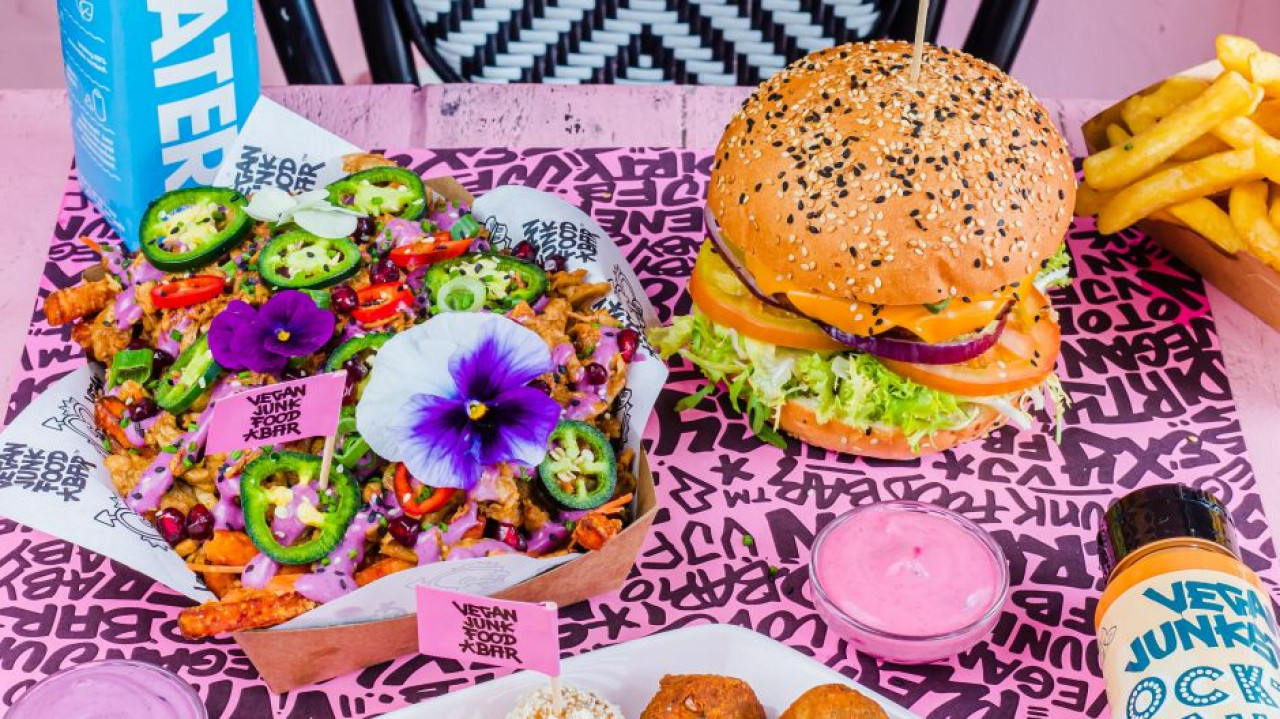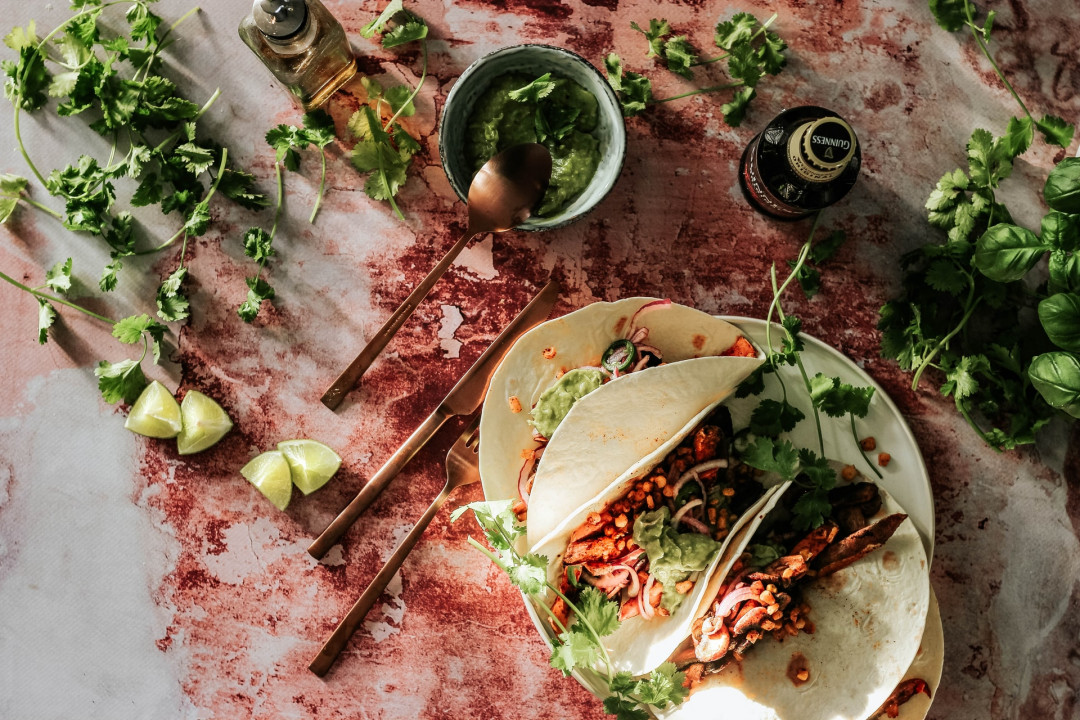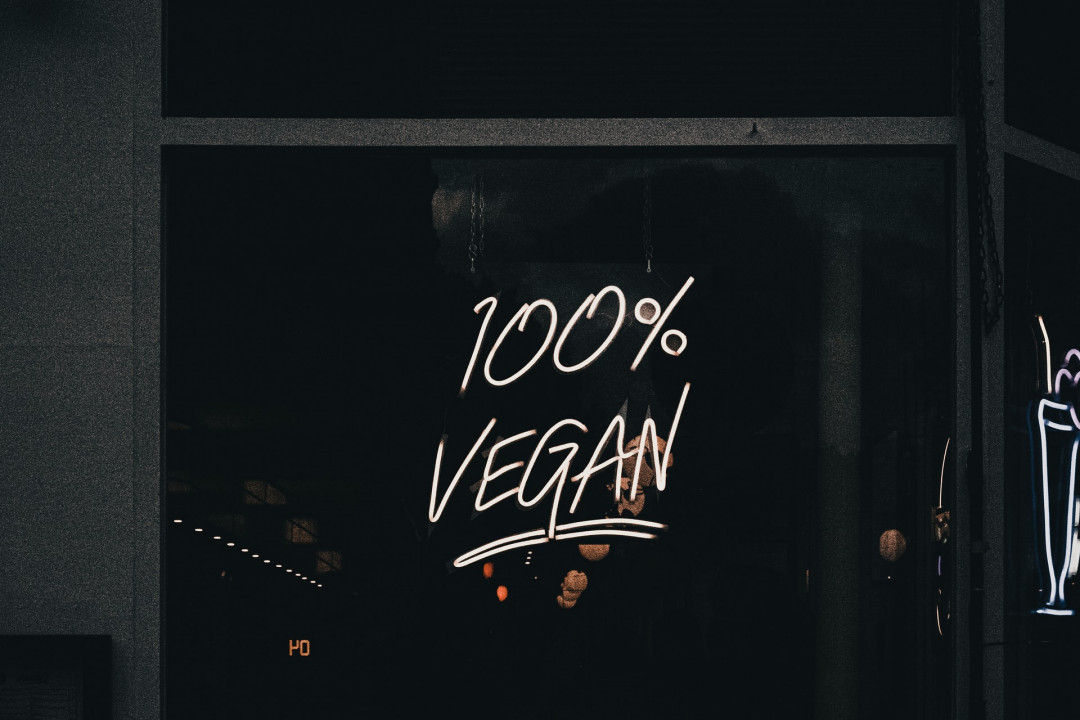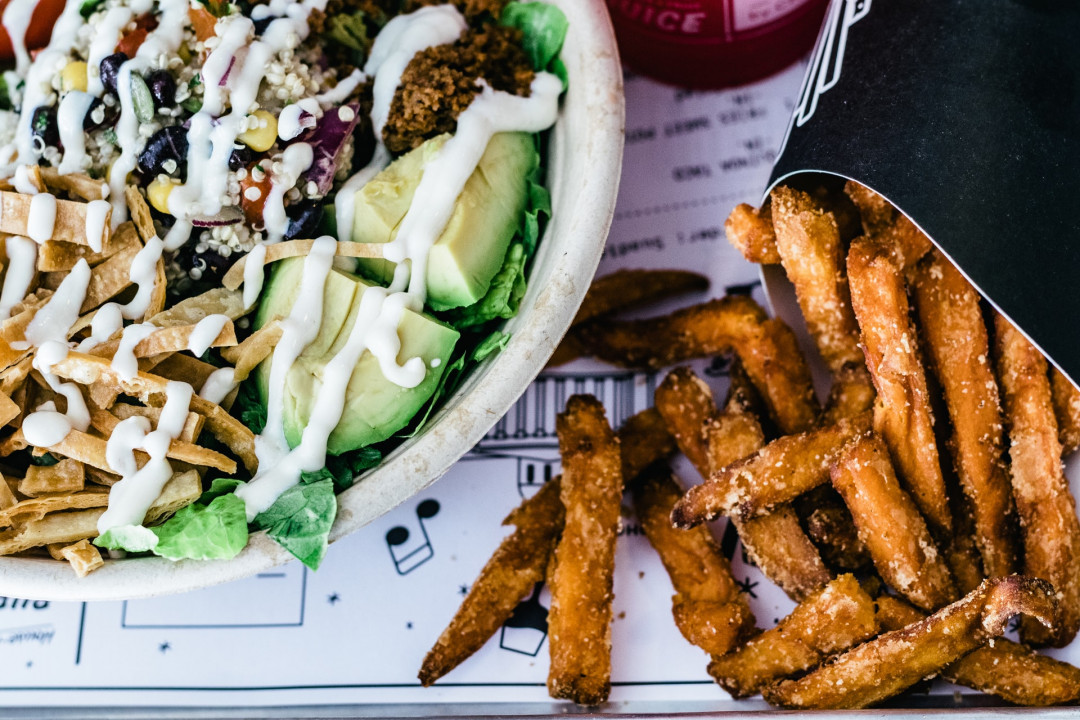
Author: Zlatna Nedeva
If you say you’ve had 4-5-9 drinks last night, the chances of hearing a comment about your health are quite slim. If you say you’re vegan though, at lest half of the people around you become certified nutritionists asking tons of questions about how you are getting your protein and vitamin B12. Suddenly, people become extremely worried about your health, promoting you all the incredible benefits of eating meat and dairy and dismissing the fact that you’ve probably done quite a bit of research before taking the step of cutting all animal products from your diet. And even though the thought of talking about all the annoying things people say while you're eating your vegan burger, is very appealing, it is not the purpose of this article. It is about trying to understand the reasons behind the emotional and usually negative response to veganism.

The complexity of the problem comes from ties with tradition, ideology, and sometimes even pure ignorance. The reputation of vegans probably isn’t helping either, as vegans really do think their lifestyle choices makes them better people than the rest. They also tend to rate other non-meat eaters more highly and this is a major source of backlash and animosity.
Even though there are many vegans who choose that lifestyle purely for health reasons, there are also many ethical arguments behind the so-called vegan culture, and this is where things go south. Though it’s natural for people to disagree with your dietary beliefs, the passionate rage that veganism stirs up seems to defy rational sense. In fact, research has shown that only drug addicts face the same degree of stigma. Given that most of us would probably like to see less suffering and violence in the world, often there is pure resentment towards those who do something about it. We as social beings feel particularly threatened by people who have similar morals to us, but are prepared to go further than we are, in order to stick to them.

We also have to address some of the misconseptions. When talking about vegan food, most meat eaters think of tastless salads, boring meals, not big enough portions to fill you up and little to non meal options. The truth is that our generation is so used to having meat as central part of our diet that we forget about the variety of foods, from a variety of cultures that are out there. If you take out the meat and dairy from meat eater’s diet, they would be left completely clueless of what else there is to eat. And here we face the problem of relying on fast food, food deliveries, and most of all - limiting ourselves to very few food options.

Another argument is that meat is our tradition, is what we were brought up eating. Meat plays a huge role in every bulgarian family and shared culture. Whether that is mum’s guvech and shkembe chorba, or the big family cheverme for Easter, not eating meat might seem like cutting ties with many of the family traditions. However, we often forget that our centuries-old traditions are closely tied with religion. Orthodox Christians traditionally fast, or in other words go vegan on Wednesdays and Fridays, as well as 7 weeks around Easter, 40 days around Christmas, 40 days Lent fast, 15 days Assumption fast and a few other celebrations or between 180 and 200 days per year. Our ancestors weren’t indulging on meat and dairy nowhere near as much as we are today. In fact, any granny could stir you up at least a dozen dishes that don’t include any animal products and all of them would probably be so delicious you’d forget they are vegan. The traditions connected to food that you are so afraid to lose are just a tiny portion of what our ancesstors really practiced and valued. The rest is our own indulgence.